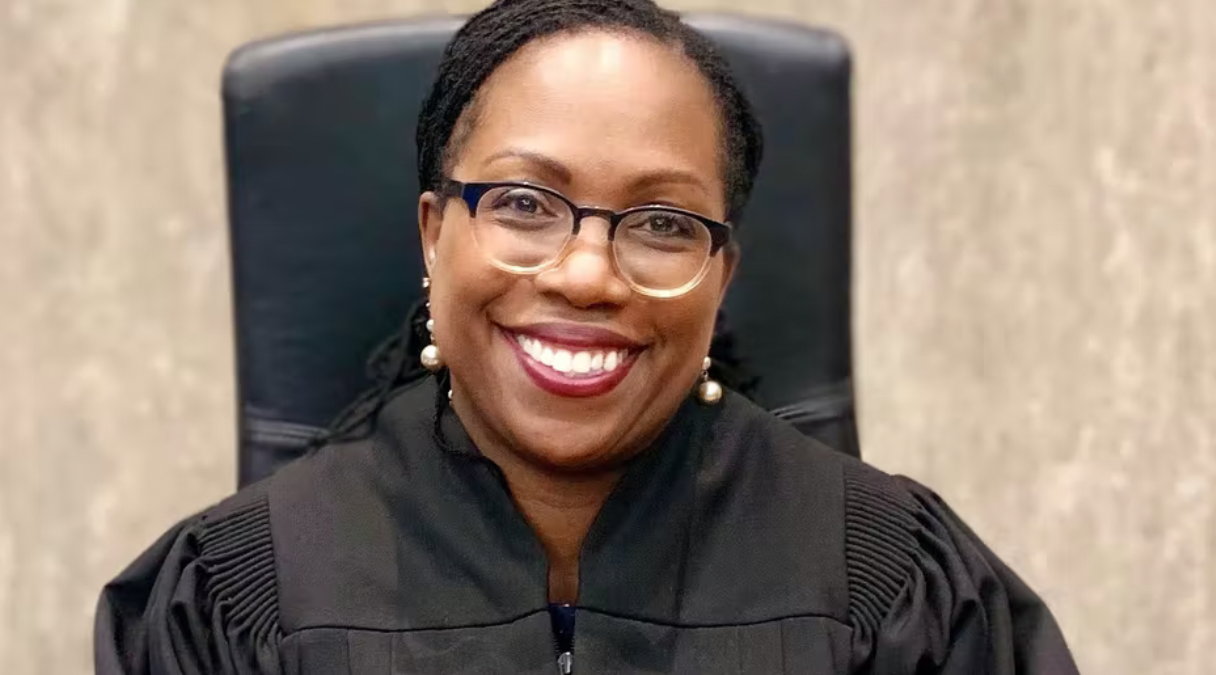|
The Project for Privacy and Surveillance Accountability is keenly interested in how potential Supreme Court justices would rule on surveillance and privacy issues. As we explained when then-Judge Amy Coney Barrett was being considered by the Senate, our hope is that any new Justice will “apply constitutional principles to surveillance issues, especially electronic surveillance.”
We now renew that question with respect to Judge Ketanji Brown Jackson’s elevation to the Supreme Court. What would her confirmation mean for surveillance and judicial respect for the Fourth Amendment? As it turns out, Judge Jackson has a robust lower court record on this question. That record reveals that she has faithfully applied binding precedent when applying the Freedom of Information Act. Unfortunately, that binding precedent is not the most conducive to learning about what the government does in our name, particularly if issues of national security are implicated. Here we will review two representative opinions. First, following Edward Snowden’s revelations that the United States had engaged in mass surveillance against the American people, Judge Jackson decided Electronic Privacy Information Center v. Department of Justice. In that case, she was tasked with determining the rights of a party who requested documents from DOJ under the Freedom of Information Act (FOIA). The requested documents would have detailed a program authorized by the Foreign Intelligence Surveillance Court that allowed the government to use pen registers and trap-and-trace devices in their surveillance activities. Judge Jackson ultimately concluded that the government could lawfully withhold those documents, citing an exemption that “specifically authorizes [the DOJ] to maintain the secrecy of the material at issue in the interest of national defense.” Second, in James Madison Project v. CIA, Judge Jackson decided whether the CIA properly invoked several FOIA exceptions in response to the James Madison Project’s attempts to learn about alleged facts regarding President Bush and Zapata Petroleum. The government provided multiple affidavits about why disclosing the requested information would threaten national security, and Judge Jackson took those determinations at face value. In the process, Jackson cited the “uniquely executive nature of the national security determinations at stake” and how, traditionally, “affidavits and declarations” issued in the national-security context “are entitled to substantial deference.” Neither of those opinions can be said to expand the rights of Americans to learn what the executive is up to through a FOIA request. But in both cases, Judge Jackson’s conclusions, though troubling, were probably applications of DC Circuit and Supreme Court precedent that bound her as a district-court judge. The bigger question then becomes how will Jackson apply the Freedom of Information Act if she is no longer bound by precedent she might disagree with? We do not know. At best, we can hope that Judge Jackson — who, unique to the Court, has experience defending people from prosecution — will recognize that, as Justice Brandeis famously explained, “sunlight is said to be the best of disinfectants.” As we have explained elsewhere, a government that is able to operate in secret is likely to misbehave. That danger is only compounded by shields against FOIA requests. We are optimistic that Judge Jackson will bring key insights about the dangers of secret government overreach and the importance of transparency to the Supreme Court. Though her lower- court decisions were guided by restrictive precedents, we hope her unique experience as a former public defender would guide her as a Justice to narrow the reach of shielding FOIA-exemptions and to share the value of transparency with her prospective colleagues. Comments are closed.
|
Categories
All
|


 RSS Feed
RSS Feed